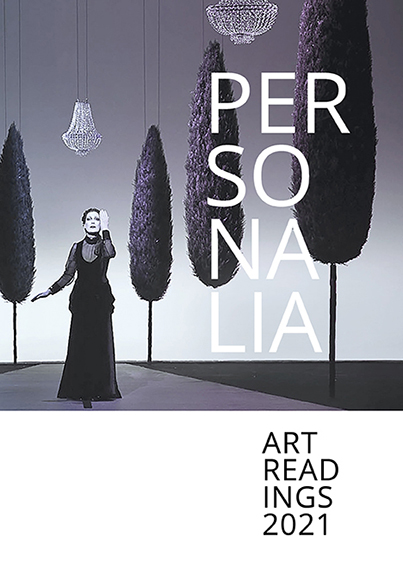Portraying the martyrs of the communist regime in contemporary operas
Portraying the martyrs of the communist regime in contemporary operas
Author(s): Michaela MojžišováSubject(s): Theatre, Dance, Performing Arts, Fine Arts / Performing Arts
Published by: Институт за изследване на изкуствата, Българска академия на науките
Keywords: contemporary opera; documentary opera; communism; heroism; Aleš Březina; Zítra se bude... [Tomorrow There Will Be ...]; Toufar
Summary/Abstract: The study analyses the chamber operas by the Czech composer Ales Brezina (1965) Zitra se bude...(2008) [Tomorrow There Will Be ..., 2008] and Toufar (2013). It focuses on the author’s vantage from which he captures the theme of heroism. The central figures of both operas are the victims of the communist regime in the former Czechoslovakia: a prominent politician, lawyer Milada Horakova (1901–1950), sentenced to death in a fabricated monster trial as an alleged traitor of the republic, and the Roman Catholic priest Josef Toufar (1902–1950), martyred by the State Security minions in the so-called Cihost miracle court case. Despite their thematic closeness, a similar documentary form, and the same interpretive team, the operas differ in the composer’s different views on the lead characters and in the form of their heroism: while Horakova was active and defiant, Toufar found peace of mind and was reverent.
Journal: Изкуствоведски четения
- Issue Year: 2021
- Issue No: 2
- Page Range: 79-86
- Page Count: 8
- Language: English
- Content File-PDF

